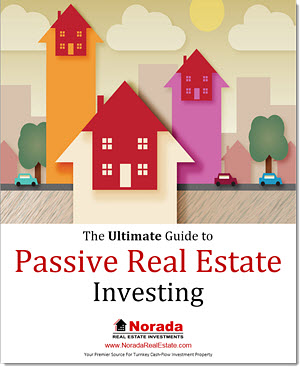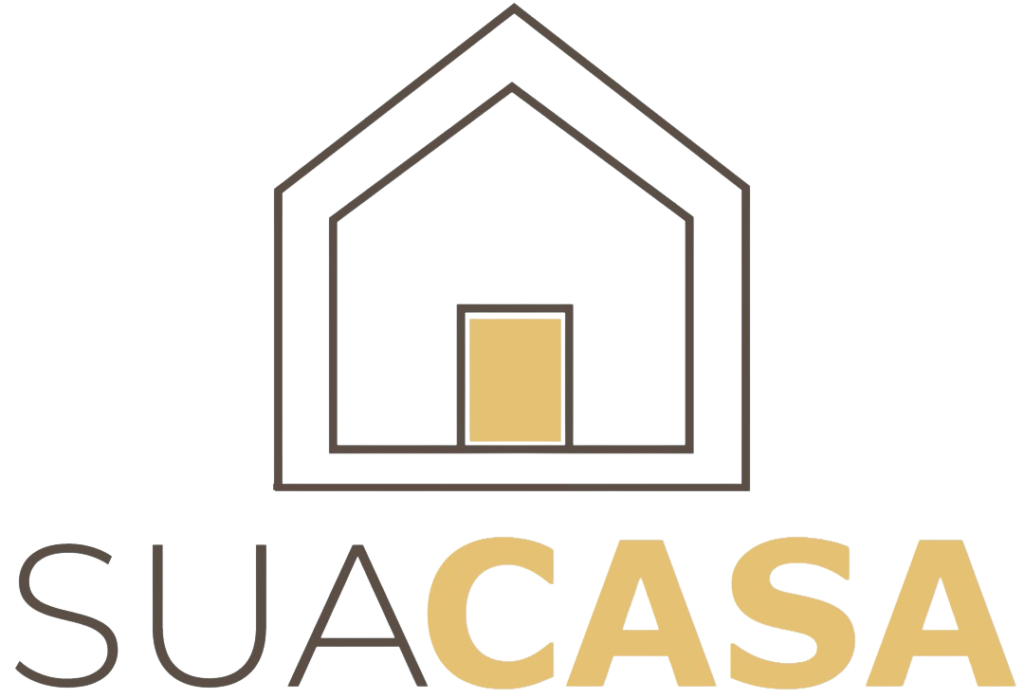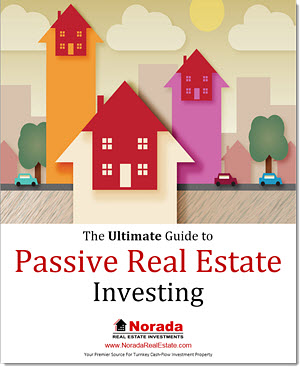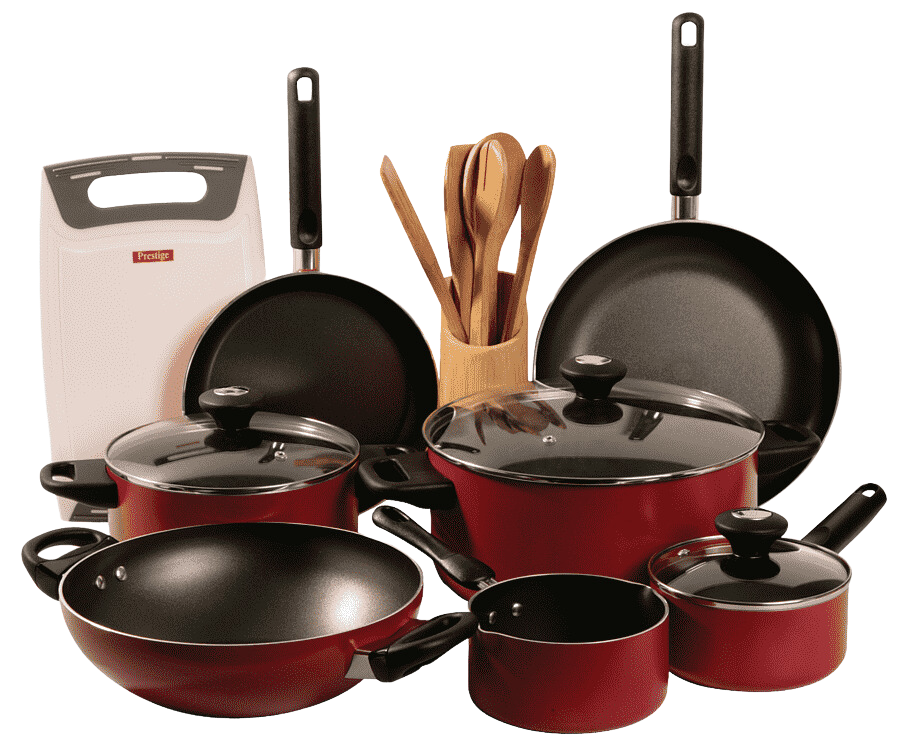If you’re serious about building wealth through rental properties, you’ve probably spent hours staring at listings, running numbers, and trying to decide: Do I go for the big, classic Single-Family Home (SFH), or do I lean into the efficiency of a townhome? This isn’t just a philosophical debate; it’s a cold, hard math problem.
Single-Family vs. Townhome: Which is the Real Cash Flow Winner for Investors?
When we look strictly at the question of single-family home vs. townhome—specifically in terms of which yields better cash flow—my experience suggests that townhomes often deliver higher immediate gross cash flow due to their lower entry price. However, single-family homes tend to provide more reliable and stronger net cash flow over the long term, assuming capital expenditures are managed wisely. Ultimately, it comes down to control, predictability, and those sneaky monthly fees that can eat into returns.
I’ve owned both types of properties across several different markets, and what I’ve learned is that the difference between these two asset classes is far more complex than just comparing the monthly rent amount. It touches on financing, maintenance control, and most importantly, the psychological toll of unexpected bills. Let’s break down where the real money is made—or lost—in each investment type.
Why We Need to Talk About Net Cash Flow, Not Just Rent
When new investors talk about cash flow, they often get excited about the Gross Rent Multiplier or the high monthly rent check. But that initial rent check is just the starting point. The real game is net cash flow. This is the money left over after every expense is paid.
Think of it this way: a townhome might rent for $1,800, and a single-family home down the street might rent for $2,200. On the surface, the SFH looks better. But what if the SFH costs $300,000 and the townhome costs $200,000? Suddenly, the townhome requires less money down and produces a higher return relative to its cost. That’s the Rent-to-Value (RTV) ratio at work.
However, the townhome has an unavoidable $350 monthly Homeowners Association (HOA) fee, while the SFH has zero. Now, that initial cash flow advantage for the townhome starts to crumble.
To truly compare these two options, we must look at the following components of Net Cash Flow:
- Mortgage Payments: (Principal, Interest, Taxes, Insurance – PITI)
- Operational Expenses: (Repairs, Management Fees, Utilities if applicable)
- Capital Expenses (CapEx) Reserves: (Money set aside for future big repairs like roofs, HVAC)
- HOA Fees/Special Assessments: (The big differentiator)
The Single-Family Home (SFH) Investment Profile
Investing in SFHs is the classic real estate move for a reason. They offer the highest degree of control, which is the key to predictable cash flow.
Cash Flow Characteristic: Slower Start, Stronger Legs
The primary challenge with SFHs is the high entry barrier. They usually cost significantly more than an equivalent townhome in the same area. This means you need a larger down payment, which drags down your initial Cash-on-Cash Return.
However, once you are past that initial hurdle, the cash flow tends to be incredibly steady. Why? Because you are responsible for everything, which means you set the budget for maintenance.
Key Advantages for SFH Cash Flow:
- Insurance Savings: While you pay 100% of the property insurance, you are not paying into a separate, often overpriced, HOA master policy.
- Appreciation & Equity: SFHs generally appreciate faster because the tenant is renting both the structure and the land. Land appreciates; buildings depreciate. This stable equity build-up provides a strong safety net for refinancing or selling later.
- Maintenance Control: When the roof leaks, I call my roofer, not a slow-moving HOA board. This control minimizes downtime and prevents expensive, unplanned special assessments from hitting my reserves.
Where cash flow gets hit hardest with an SFH is during turnover. When a roof, HVAC system, or water heater goes out, it’s 100% your responsibility, and that single event can wipe out an entire year’s worth of cash flow. This is why disciplined CapEx saving is non-negotiable for SFHs. I typically budget 10% of gross rent for annual repairs and maintenance, plus an additional $200-$300 per month for CapEx reserves on major systems.
The Townhome Investment Profile
Townhomes, typically attached structures that share at least one wall, are often the darling of investors with smaller capital pools. They offer a fantastic entry point into specific neighborhoods that might otherwise be too expensive for a detached home.
Cash Flow Characteristic: High Immediate Yield, High Fee Volatility
Because a townhome costs less than a comparable SFH, the RTV ratio is often highly favorable. If you can buy a $250,000 townhome that rents for $1,800, that looks great compared to a $400,000 SFH that rents for $2,200. Your initial cash-on-cash return will likely be higher on the townhome.
But there is a cash flow predator lurking in the shadows: The HOA Conundrum.
The Problem with the HOA Fee:
The HOA fee is the single biggest threat to sustainable townhome cash flow. When I analyze a townhome deal, I treat the HOA fee as a non-negotiable, fixed operational cost that offers zero tax benefit (unlike mortgage interest or property taxes).
The HOA fee covers external maintenance (roofs, siding, common areas, sometimes water/trash). This sounds great because it shifts the burden of CapEx. However, you are losing control and introducing unpredictability.
| Cash Flow Hurdle | Description | Impact on Net Cash Flow |
|---|---|---|
| Rising Fees | HOAs raise fees annually, often matching inflation or more. You cannot raise the rent fast enough to always cover these unpredictable hikes. | Eats into monthly net profit. |
| Special Assessments | If the HOA reserve fund is poorly managed or a catastrophic event occurs (like the need for an entire community roof replacement), the HOA can levy a massive, one-time bill (e.g., $5,000 to $20,000). | Can instantly erase years of positive cash flow. |
| Rental Restrictions | Many HOAs cap the number of units that can be rented out. If the cap is full, you cannot rent your unit, leading to zero cash flow and a massive liability. | Risk of total rental income loss. |
In my experience, SFH repairs are predictable and manageable through disciplined saving. Townhome special assessments are financial hand grenades—they detonate without warning and are non-negotiable.
Deep Dive: The Hidden Costs That Steal Cash Flow
To truly compare the net cash flow of both property types, we have to look past the rent and the mortgage payment and focus on the less obvious operational expenses.
1. Insurance Costs: The Policy Split
For an SFH, you purchase one master insurance policy (HO-3), covering the structure, liability, and contents. Simple.
For a townhome, insurance often splits into two parts:
- Master Policy (HOA): Covers the exterior structure, roof, and common areas. You pay for this through your HOA dues.
- H0-6 Policy (Investor): Covers the interior “walls-in,” your liability, and your tenant’s belongings (if applicable).
If the HOA’s master policy has a high deductible (say, $10,000), and a minor roof leak happens, the HOA might refuse to pay, leaving you stuck with the repair bill. If your investor policy covers things the HOA thought they covered, you might be double-paying. I always spend extra time reviewing the HOA master policy documents; ignoring them is the fastest way to invite negative cash flow surprises.
2. Vacancy Rates and Tenant Profile
Cash flow stops dead when a unit is vacant. While both property types can attract quality tenants, the turnover frequency often differs.
SFH tenants tend to be long-term renters (families, those with pets, or people who want a yard). They are generally willing to sign multi-year leases, which provides unparalleled cash flow security.
Townhome tenants often include young professionals, couples, or downsizers. While great tenants, they might be more transient, often moving after 12 to 18 months. Higher turnover means more maintenance costs, more downtime, and therefore, lower total annual cash flow.
The Golden Ratio: When Townhomes Win the Initial Battle
There is one area where the townhome unequivocally shines: the Return on Investment (ROI) for limited capital.
Let’s say you have $70,000 to invest.
- You could maybe buy one SFH, but you might need to use that capital for the down payment, closing costs, and leaving almost nothing for reserves.
- You could potentially buy two townhomes, splitting the capital across two lower-priced units.
Diversification is a cash flow guard. If one townhome unit sits vacant for two months, you still have rent coming in from the second unit. If your single SFH sits vacant, your cash flow is zero. This factor is crucial for new investors prioritizing diversification and high immediate cash-on-cash return.
| Comparison Point | Single-Family Home (SFH) | Townhome |
|---|---|---|
| Initial Cost | Higher | Lower |
| Immediate Cash Flow (Gross) | Lower RTV Ratio | Higher RTV Ratio (often) |
| Long-Term Net Cash Flow | More predictable and stable | Highly susceptible to HOA/Assessments |
| Maintenance Control | 100% Control (Highest CapEx burden) | Shared Control (Lower personal CapEx, higher fee risk) |
| Tenant Stability | Typically longer tenancy (good for cash flow) | Shorter tenancy common (higher turnover) |
| Exit Strategy | Better long-term appreciation potential | Higher liquidity (easier to sell quickly) |
My Personal Take: When Does One Outshine the Other?
When deciding between these two property types, I don’t look at which one always yields better cash flow; I look at which one provides better cash flow relative to my investment goals.
Choose the Single-Family Home if:
- You have a higher budget and are focused on long-term wealth building through equity and depreciation benefits.
- You prioritize control and predictability. You would rather have a large, planned expense ($15,000 for a new roof) than a sudden, unplanned assessment ($8,000 levied by an HOA).
- Your strategy relies on attracting and retaining long-term tenants.
Choose the Townhome if:
- You have limited capital and need the highest immediate cash-on-cash return to reinvest quickly.
- You prefer a more hands-off investment where exterior maintenance is handled (even if you pay for it via fees).
- The HOA is very well managed with high reserves, low fees, and proven stability—a rare but powerful combination.
Ultimately, cash flow success rests on the foundation of minimizing unpredictable risk. Because the Single-Family Home allows me to directly manage my expenses and maintenance timeline, eliminating the financial chaos of external fees and assessments, I firmly believe it offers a better path for sustainable, long-term net cash flow generation. The slightly lower immediate yield is a small price to pay for that level of financial control and peace of mind. You are the boss, and in real estate investing, the boss gets to choose the budget.

Download Your FREE Guide to Passive Real Estate Wealth
Real estate investing has created more millionaires than any other path—and this guide shows you how to start or scale with turnkey rental properties.
Inside, you’ll learn how to analyze cash flow and returns, choose the best markets, and secure income-generating deals—perfect for building long-term wealth with minimal hassle.
🔥 FREE DOWNLOAD AVAILABLE NOW! 🔥
Single-Family vs. Townhome: Which Delivers Stronger Cash Flow?
Both property types offer unique advantages—but smart investors are comparing HOA fees, tenant demand, and maintenance costs to find the better-performing asset.
Norada Real Estate helps you analyze cash flow potential across markets—so you can choose the right property type for your goals and build passive income with confidence.
🔥 HOT NEW LISTINGS JUST ADDED! 🔥
Talk to a Norada investment counselor today (No Obligation):
(800) 611-3060






